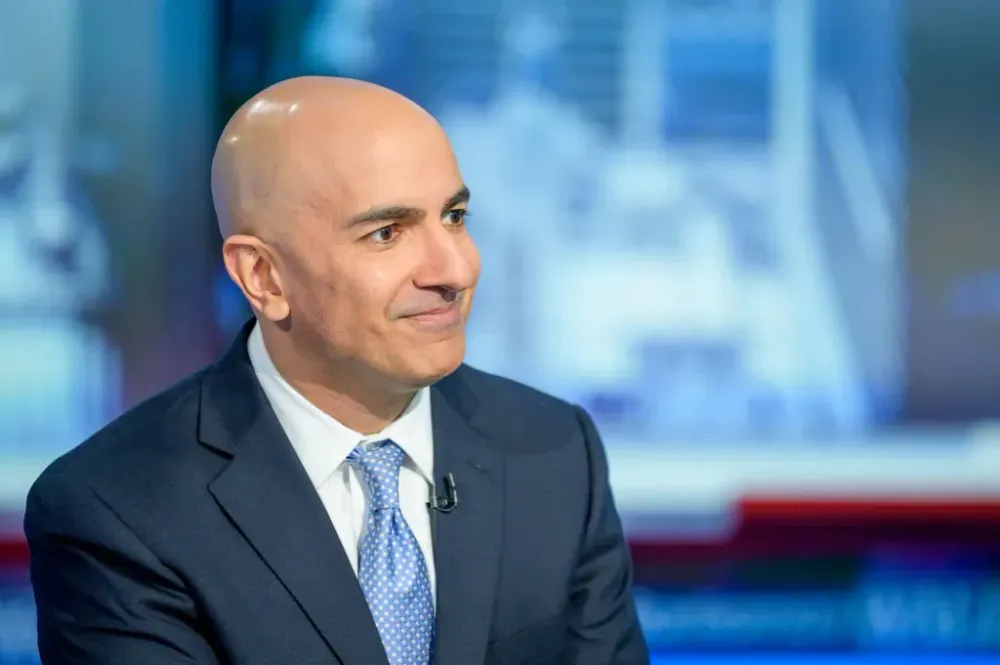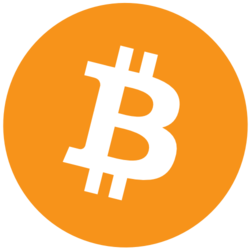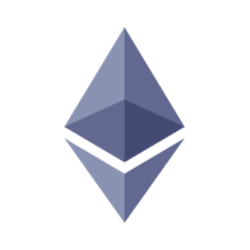Advertisement|Remove ads.
Fed’s Neel Kashkari: Slower Fed Response Justified Amid Tariff Shock, Even If Hindsight Shows Delay

Minneapolis Federal Reserve President Neel Kashkari echoed a similar sentiment to that of central bank chief Jerome Powell, preferring to stay on the sidelines to take time to get more information for ‘collective judgments of policymakers.’
The Fed official remarked on “monetary policy challenges in an uncertain economy” at the Bank of Japan’s Institute for Monetary and Economic Studies conference.
Kashkari argued that the most recent economic shock, driven by tariffs and trade policy uncertainty, differs from previous ones.
“Tariffs present a special challenge for monetary policymakers. We have to pick one: fight inflation or support economic activity?” he said.
The Fed official said within the agency, there is a healthy debate among policymakers about whether to “look through” the inflationary effects of the new tariffs.
While those arguing for examining tariff-induced inflation see it as a “transitory inflation shock,” those opposed to it contend that the trade negotiations are unlikely to be resolved quickly.
The 90-day pause in reciprocal tariffs announced in early April has brought trading partners to the negotiating table, although the done deals are very few.
Kashkari said, “Policymakers’ collective judgments are, of course, imperfect, and when the proper policy response is unclear, moving more slowly can be warranted, even if it means, in hindsight, the response may be viewed as having been somewhat delayed.”
He also favored relying on policy rules such as the “Taylor rule,” rather than judgment to guide decisions.
The Taylor rule, propounded by Stanford economist John Taylor, tied the Fed funds rate to two factors: the difference between the actual and targeted inflation rates and the difference between the desired and apparent growth in the real GDP.
Kashkari said the Taylor rule will likely call for policymakers to raise the policy rate this year to combat inflation, adding that “Looking through tariff inflation is simply not an option for strict policy rules.”
The Invesco QQQ Trust (QQQ) ETF and the SPDR S&P 500 ETF (SPY) are down 0.3% and 0.9%, respectively, for the year.
For updates and corrections, email newsroom[at]stocktwits[dot]com.














/filters:format(webp)https://st-everywhere-cms-prod.s3.us-east-1.amazonaws.com/large_eli_lilly_logo_resized_9e8a8a2333.jpg)
/filters:format(webp)https://st-everywhere-cms-prod.s3.us-east-1.amazonaws.com/unnamed_jpg_9dff551b50.webp)
/filters:format(webp)https://news.stocktwits-cdn.com/large_michellebowman_resized_jpg_392a174dc6.webp)
/filters:format(webp)https://news.stocktwits-cdn.com/Aashika_Suresh_Profile_Picture_jpg_2acd6f446c.webp)
/filters:format(webp)https://st-everywhere-cms-prod.s3.us-east-1.amazonaws.com/large_stock_rising_resized_f17852d7aa.jpg)
/filters:format(webp)https://news.stocktwits-cdn.com/Getty_Images_2218489628_jpg_6d90e850fd.webp)
/filters:format(webp)https://news.stocktwits-cdn.com/jaiveer_jpg_280ad67f36.webp)
/filters:format(webp)https://st-everywhere-cms-prod.s3.us-east-1.amazonaws.com/large_Western_digital_logo_2_resized_ec96a6ef9a.jpg)
/filters:format(webp)https://news.stocktwits-cdn.com/large_Getty_Images_2255969940_jpg_0903b745a1.webp)